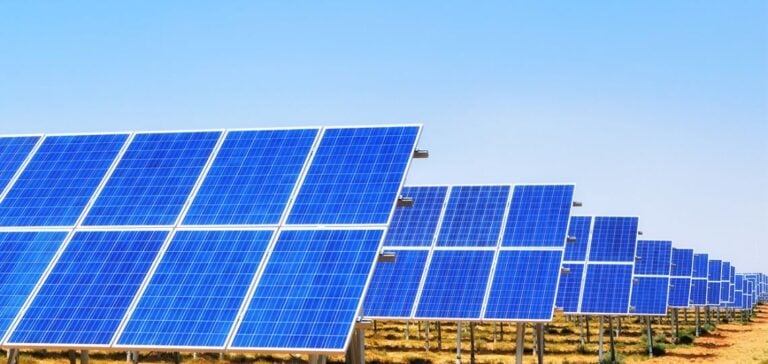Togo is advancing its energy transition ambitions by leveraging its solar potential. During the first edition of the West African Energy Cooperation Summit (WA-ECS) held in Lomé, the country formalized two agreements with key partners: the Chinese company Haier and the association RELP, specialized in renewable energy.
A partnership to enhance energy storage
As part of these collaborations, RELP will bring its expertise in energy storage. Energy Minister Robert Eklo explained that this agreement aims to strengthen battery storage infrastructure. These systems will allow the excess energy produced during the day to be stored for use at night or during peak demand periods. This project includes not only the Blitta solar power plant, already in operation, but also future plants in Sokodé, Dapaong, and Awandjélo. These initiatives contribute to the national goal of integrating 50% renewable energy into the energy mix by 2030.
Technological support from Haier
Haier, on the other hand, will act as a technology partner. This commitment aligns with a memorandum of understanding signed during the Sino-African Forum in Beijing last September. The Chinese group will provide advanced technological solutions for photovoltaic projects and potentially for energy storage. The Togolese minister emphasized that this cooperation reflects the strengthened relations between China and Togo, particularly in strategic areas such as energy and health.
Toward a sustainable energy mix
These initiatives illustrate Togo’s determination to tap into its solar potential to clean up its energy mix while meeting the growing needs of its populations and industries. International cooperation remains an essential lever to achieve these ambitious goals while consolidating the country’s energy infrastructure.






















